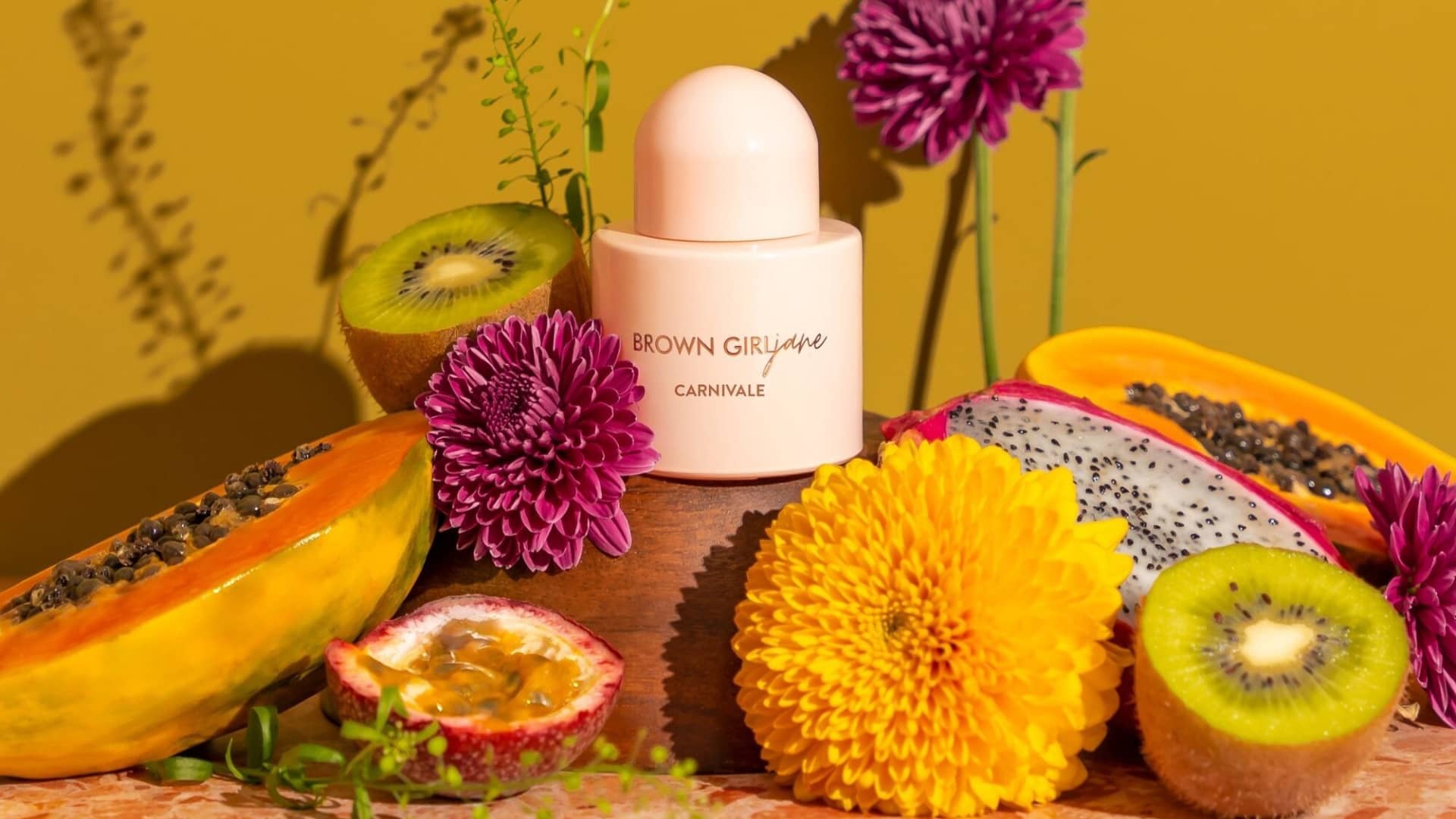
Major Milestone for Brown Girl Jane as Sales Surge After Sephora Partnership
The fragrance brand Brown Girl Jane has experienced a remarkable surge in sales, more than doubling since last year when it became available at Sephora. This opportunity comes as part of Sephora’s commitment to the 15 Percent Pledge, an initiative designed to increase the representation of Black-owned brands on retail shelves.
Partnering with Prestige Retailers
Brown Girl Jane’s signature perfume bottles now grace the shelves alongside some of the most prominent names in fashion and beauty, such as Prada and Dior. Malaika Jones, the CEO and co-founder of Brown Girl Jane, emphasized that securing a partnership with a retailer like Sephora was merely the beginning. Sephora’s backing has empowered the brand to compete against established names with larger marketing budgets and high-profile celebrity endorsements.
In 2022, Brown Girl Jane received a $100,000 grant through Sephora’s Accelerate program, which targets entrepreneurs of color to help them scale their businesses. Furthermore, Sephora featured the brand in a promotional email to customers, effectively putting it in front of a wider audience of potential shoppers unfamiliar with its offerings. As a result, Brown Girl Jane’s sales saw a significant uptick once its fragrances began to be offered online and in selected stores.
The Retail Landscape
While Sephora actively supports emerging brands, larger retailers like Walmart and Target have recently retracted their commitments to similar supplier diversity initiatives. Jones noted the challenges this poses for brands like hers, stating that without commitment from retailers, smaller brand owners may struggle not only to get their products on shelves but also to thrive once they are there.
"For any brand, particularly smaller ones, maintaining visibility and relevance is a continuous challenge," said Jones. "When retailers lack commitment or understanding, survival becomes a formidable task, even when brands succeed in getting shelf space."
Continued Commitment to Diversity
In the wake of social justice movements, many retailers launched diversity programs to support marginalized groups. Notable figures like Doug McMillon of Walmart and Brian Cornell of Target have acknowledged the challenges faced by people of color, particularly in securing funding for their businesses. However, as some retailers scale back these initiatives, Black-owned brands may find it increasingly challenging to navigate the marketplace.
Target, for instance, has recently stepped back from its diversity equity and inclusion (DEI) goals set after the death of George Floyd, which included commitments to add products from 500 Black-owned brands by 2025 and invest $2 billion in these businesses. Similarly, Walmart has also begun to wind down key diversity efforts, such as its Center for Racial Equity.
The Importance of Ongoing Support
Despite some retailers rescinding their pledges, there are those that remain steadfast in their commitment. Sephora has increased the representation of Black-owned brands from 3% to around 10% by 2025 in its inventory. The retailer initiated its Accelerate program aimed at women founders and shifted its focus in 2020 to support Black and other minority entrepreneurs, proving that diversity can coexist with commercial success.
Costco and E.l.f. Beauty have also continued to champion diversity within their business strategies. Costco’s board, at its recent shareholder meeting, expressed that a diverse workforce significantly enhances their ability to serve a broad audience.
The Impact of the 15 Percent Pledge
The catalyst for these changes was initiated almost five years ago by Aurora James, who called for businesses to dedicate more shelf space to Black-owned brands through the 15 Percent Pledge. Sephora was a pioneer in this commitment, and today, around 22 companies actively embrace the pledge.
This initiative has made tangible changes in the retail landscape by increasing the visibility of Black-owned brands, including major labels like Fenty Beauty by Rihanna and Pattern by Tracee Ellis Ross. Nordstrom has also strengthened its selection of Black-owned brands, while Macy’s continues its accelerator program designed to support diverse entrepreneurs.
Navigating Future Challenges
The scaling back of DEI initiatives raises concerns about the future for Black founders. Despite reassurances from retailers like Walmart and Target regarding their ongoing support for Black-owned brands, many entrepreneurs remain cautious.
Brandon Blackwood, a handbag designer who gained prominence during the Black Lives Matter movement, voices concerns over the potential setbacks for future founders trying to break into major retail despite his brand’s success. Meanwhile, Mayer Jones of Brown Girl Jane credits Sephora’s partnership as transformative, noting that the retailer’s confidence opened doors to an expanding customer base, which includes a diverse clientele.
As the landscape shifts, entrepreneurs are urging retailers not to forsake their commitments to diversity. Failure to prioritize emerging brands risks alienating a significant consumer demographic while also stunting the growth of innovative small businesses essential to the economy.
In conclusion, while some retailers revert to old habits, others choose to pioneer change. The question remains: will the industry as a whole embrace the importance of minority representation, or will past patterns resurface, hindering progress for Black-owned brands?









